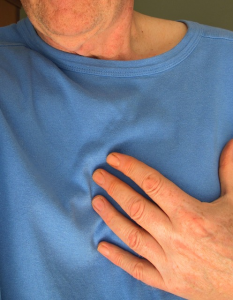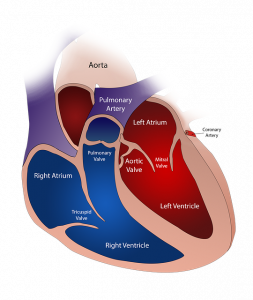Research conclusion: “The 20% with lowest SELENOP concentrations in a N orth European population without history of cardiovascular disease have markedly increased risk of cardiovascular morbidity and mortality” [Schomburg 2019].

This is the conclusion from the Malmö Preventive Project, a population-based prospective cohort study in southern Sweden, that examined the relationship between plasma selenoprotein P status and 1) risk of all-cause mortality, 2) risk of cardiovascular mortality, and 3) risk of a first cardiovascular event in 4366 study participants.
Note that this was a study done with study participants who had no history of cardiovascular disease. It was truly a study of the relationship between selenium status and the risk of heart disease.








